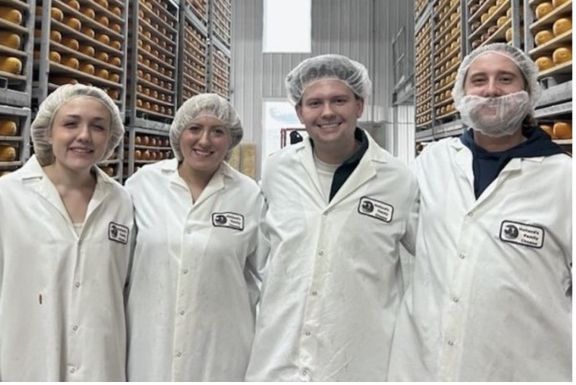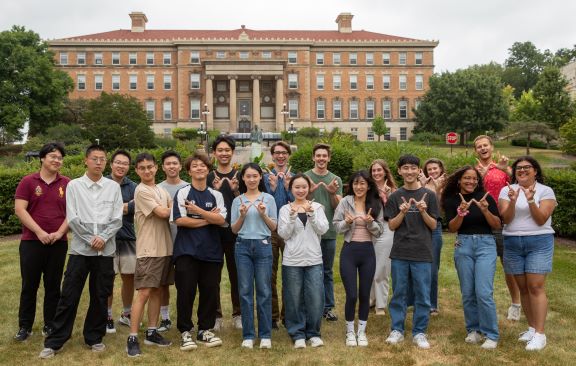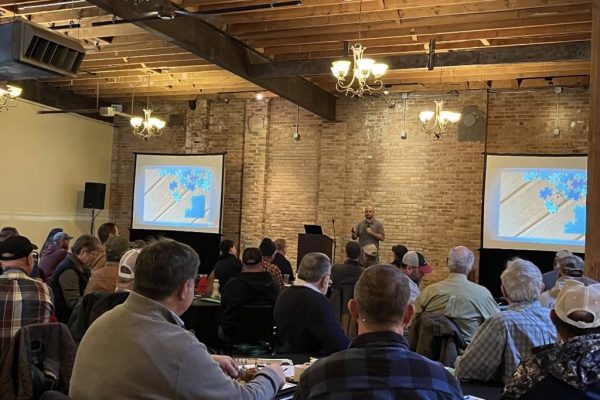Economics for the real world
Deep historical roots.
The Department of Agricultural and Applied Economics at the University of Wisconsin-Madison was the first such specialized department in the world. Growing from its original focus on issues of land, forests and farm management, the department is continually evolving to address the needs of students, the state of Wisconsin, the nation, and the world.
Ready for the future.
With research, teaching, and outreach focused on environmental and resource economics, agricultural economics, international development, and community economic development, our faculty’s work addresses some of the world’s most pressing current problems. As one of the top departments in the country, the future of AAE is brighter than ever.
Chair Change: Thank you and Welcome!
Heartfelt thanks to Prof. Guanming Shi, who recently completed her term as department chair and a warm welcome to incoming chair Prof. Paul Mitchell.

Hands-on training key to AAE degree programs
At AAE we’re training the next generation of economists and business leaders. Anchoring that commitment is our experiential learning opportunities for undergraduate and graduate students.

Professional Master’s Program (MSPO) sees continued growth
Now in its seventh year, the Professional Master’s (MSPO) Program continues its annual growth trend. The 2024-2025 incoming class of 19 is an almost 60% enrollment increase over the past two years.

Farmer-led initiatives help reduce surface water pollution in Wisconsin
Profs. Jeff Hadachek and Andrew Stevens showed that an innovative program led by Wisconsin farmers improved the state’s water quality at a fraction of typical costs.

On the Fast (4+1) Track to an M.S. degree
From uncertain beginnings to a clear path forward, Ellie Capra found her purpose in the Department of Agricultural & Applied Economics—where flexibility, support, and real-world training helped guide her on a path of exploring her passion.

The role of childcare in self-employment choices
Prof. Tessa Conroy showed that men and women may have different reasons for launching a business, with some prioritizing flexible work schedules over economic growth.












